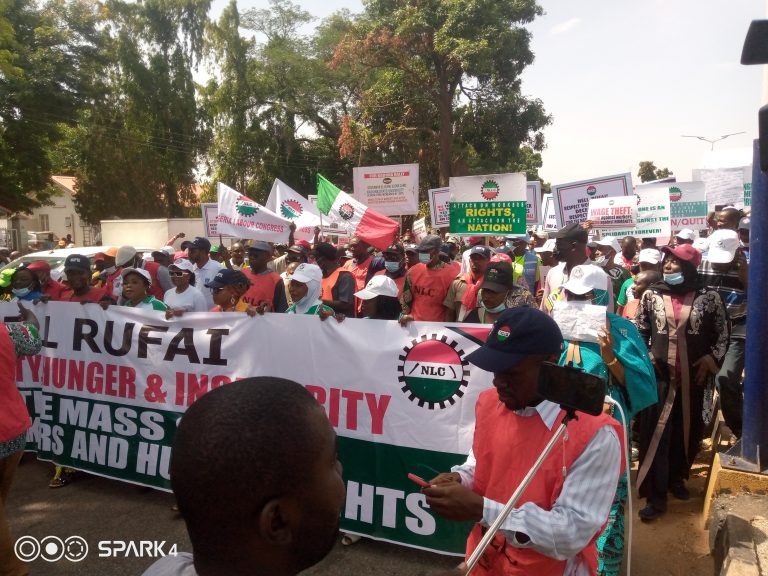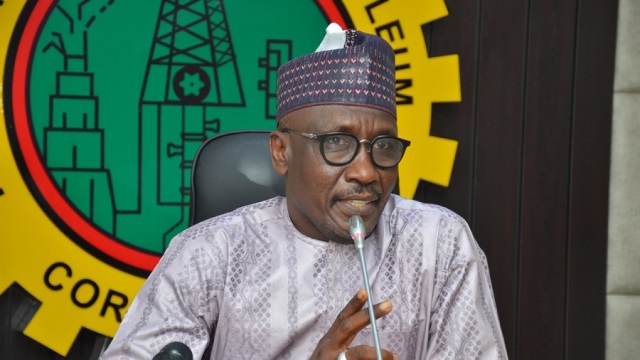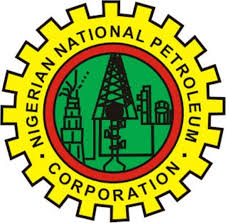The Nigerian National Petroleum Company (NNPC) Limited charged with the responsibility of regulating and supervising the oil industry on behalf of the Nigerian government has Integrity, Transparency and Accountability at the centre of its core values, yet failed to immediately take responsibility for the importation of the adulterated fuel that has caused Nigerians unquantified economic and social hardship.
The NNPC admitted on 20th January 2022 that it received a report from its quality inspectors on the presence of emulsion particles in Premium Motor Spirit (PMS) cargoes shipped to Nigeria from Antwerp-Belgium. The report NNPC received from its quality inspectors goes contrary to the quality certificates issued at load port (Antwerp-Belgium) by AmSpec Belgium, which indicated that the gasoline supplied, complied with Nigerian specifications.
“As a standard practice for all PMS imports to Nigeria, the said cargoes were equally certified by inspection agents appointed by the Midstream and Downstream Petroleum Regulatory Authority (NMDPRA),” said the Chief Executive Officer/ Group Managing Director of NNPC, Mallam Mele Kyari.
It is important to note that all imported petroleum products must meet the National Quality Standard specifications approved by the Nigerian Midstream and Downstream Petroleum Regulatory Authority (NMDPRA). To ensure compliance, relevant tests are carried out.
Kyari also said that the NNPC quality inspectors including GMO, SGS, GeoChem and G&G conducted tests before discharge and the results showed that the gasoline met Nigerian specifications.
In spite of the contrary report the NNPC claimed it received on 20th January, the corporation rather than isolate the vessel and take urgent steps to reconcile its findings with AmSpec Belgium which issued quality certificates for the product, concealed this information and allegedly went ahead to discharge same to five major oil marketers – OVH, MRS NIPCO, ARDOVA and TOTAL – between 24th and 30th January 2022.
As the adulterated fuel travelled from Lagos to other parts of the country, an unperturbed Kyari visited the Federal University of Technology Minna, Niger State where he delivered the 30th convocation lecture of the university titled: “Energy Transition and Energy Accessibility: The New Paradigm” and was conferred its Honorary Doctorate Degree of Engineering (Honoris Causa) in recognition of his contributions to national development.
“Just received an honourary Doctor of Engineering from the Federal University of Tech Minna. A humbling call to duty and for delivery of value to the shareholders of NNPC ltd.,” the NNPC GMD tweeted on 2nd February.
The damaging effect of the bad fuel was soon noticed by the consuming public and Nigerians took to social media to complain about their vehicle engines developing faults after purchasing fuel from some filling stations. In one of the videos, a man holding a darkish liquid in a transparent container lamented how the fuel he bought from a refill station in Abuja had damaged his car.
As a result of persistent complaints, the NNPC on 10th February, more than three weeks after it had been intimated of the bad purchase, issued a statement “that limited quantity of Premium Motor Spirit (PMS), commonly known as petrol, with methanol quantities above Nigeria’s specification, was discovered in the supply chain.
“To ensure vehicular and equipment safety, the limited quantity of the impacted product has been isolated and withdrawn from the market, including the loaded trucks in transit. The source supplier has been identified and further commercial and appropriate actions shall be taken by the authority and NNPC Ltd.”.
The blame game
Not willing to take responsibility for the negative economic and social impact of the bad fuel, Kyari accused four oil marketers – MRS, Oando, Duke Oil and a consortium of consisting Emadeb/Hyde/AY Maikifi/Brittania-U – of importing the products through a Direct-Sale-Direct-Purchase (DSDP) arrangement.
Three of the four named companies denied importing the bad fuel. One of them, MRS said in a statement that due to the current subsidy regime, NNPC is the sole supplier of all PMS in Nigeria.
“Consequently, the NNPC through their trading arm, Duke Oil, supplied a cargo of PMS purchased from international trader Litasco and delivered it with Motor Tanker (MT) Nord Gainer. This vessel was discharged in Apapa between the 24th and 30th of January, 2022.
“Following delivery into tank, it was observed that the product appeared hazy and dark; management immediately directed that further sales should be stopped and the products isolated. Urgent steps were taken to analyse the product to determine the basis for its contamination.
MRS noted that product analysis revealed that the PMS discharged by Nord Gainer had 20 per cent methanol, an illegal substance in Nigeria, and immediately notified the NNPC, NMDPRA and MOMAN (Major Oil Marketers Association of Nigeria) and it was confirmed that other marketers had similar experiences; adding that the allegation that it imported contaminated products is “mischievous, false and untrue”
Similarly, the management of Brittania-U maintained that all its imported products which cover the entire spectrum of upstream, midstream and downstream sectors, met NNPC’s product quality requirements.
“All the PMS from our mother vessel, MT Torm Hilde were discharged with all relevant certificates of quality after laboratory analysis as it was adjudged lead-free, ethanol-free, water-free, suspended matter-free and had a sulphur content of 0.0174 as against 0.05, which is within the acceptable content allowable by Nigerian Midstream and Downstream Authority,” the company stated.
Investigations by TheNewsGuru.com (TNG) revealed that following the deregulation of the downstream sector of the oil and gas industry and the inability of oil marketers to access foreign exchange at a competitive price, the NNPC has remained the sole importer of gasoline.
Also, while the Corporation has not denied that it is responsible for supervising the industry, it punched a hole in the integrity of its processes when the GMD said that the NNPC’s assessment does not include tests for methanol.
“It is important to note that the usual quality inspection protocol employed in both the load port in Belgium & our discharge ports in Nigeria do not include the test for Percent methanol content & therefore the additive was not detected by our quality inspectors,” Kyari said.
A break in supply chain and resulting scarcity, damages
Acute shortage of PMS was experienced across major cities evidenced by long queues and the presence of jerry can carrying youths along the streets, who jostled to sell the scarce product to motorists for between N300- N700 per litre against the official price of N165.
In spite of the inconvenience of paying outrageously high amounts for the commodity and the loss of productive hours spent waiting under the scorching sun to buy PMS at the official price, many motorists reported various degrees of damage to their vehicles caused by the bad product.
Chairman of MOMAN, Olumide Adeosun, said it had recorded at least 136 reported cases of damage to vehicle engines and working to ensure that the clean PMS product received are promptly distributed for the restoration of normal operations.
“Some bad cases were recorded, including the Ardova PLC case, which led to 136 reported cases of vehicle engines damaged. We have identified the quantum of the problems, traced the sources and know the vessels that discharged the products as well as the depots and filling stations involved.
Similarly, the Federal Competition and Consumer Protection Commission also confirmed that Nigerians who purchased contaminated fuel had experienced technical difficulties and damage to their vehicles, adding that it was engaging regulators and bodies involved in Nigeria’s downstream fuel distribution value chain to mitigate the losses experienced.
“The commission in the process of its initial investigative assessment understand that consumers who purchased fuel that constitutes part of this consignment have experienced technical difficulties and damage to their vehicles or other relevant equipment/machinery,” it said.
It said that in furtherance of its investigation, and pursuant to relevant laws, the Commission is currently engaging multiple regulators and relevant entities, particularly with respect to a reasonable and acceptable mechanism to mitigate demonstrated injury and or loss experienced by consumers.
Meanwhile, the House of Representatives has called for a thorough investigation of the matter, stressing that consequences would be visited on all parties responsible for the great danger and inconvenience Nigerians have been subjected to through the supply of adulterated products.
The NNPC has confirmed receipt of 2.1 billion litres of PMS which will be distributed to restore normalcy and predicted that the lingering fuel crisis would disappear this week and TNG can confirm that the situation has started to ease as shorter lines were observed at some filling stations on Sunday.




